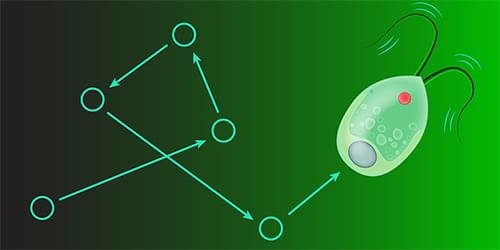https://youtube.com/watch?v=YEMzfMfLtmY&feature=share
👉For business inquiries: [email protected].
✅ Instagram: https://www.instagram.com/pro_robots.
You’re on PRO Robots and in this issue we’re going to talk about the best military drones of the 21st century. Today, more than 100 countries are developing military drones, constantly innovating to make them faster, more powerful and smarter. Drones are used for reconnaissance, surveillance, target detection, munitions delivery, and enemy strikes. The vehicles can fly autonomously or be operated by an operator, return to the base or play the role of a kamikaze. See an overview of the best military drones and trends in the development of combat drones in one video!
0:00 Intro.
0:39 Drone Development.
1:20 Northrop Grumman.
2:02 Aksungur drone.
2:56 Drone MQ-20 Avenger.
3:44 The Hermes 900 Drone.
4:40 Heron TP
5:27 Chinese Drone HongDu GJ-11 Sharp Sword.
6:06 CASC Rainbow.
6:58 Drone MQ-9 Reaper.
7:58 CAIG Wing Loong II
8:46 Drone X-47B
9:31 Russian drone S-70 «Hunter»
10:41 Results.
#prorobots #robots #robot #futuretechnologies #robotics.
More interesting and useful content:
✅ Elon Musk Innovation https://www.youtube.com/playlist?list=PLcyYMmVvkTuQ-8LO6CwGWbSCpWI2jJqCQ
✅Future Technologies Reviews https://www.youtube.com/playlist?list=PLcyYMmVvkTuTgL98RdT8-z-9a2CGeoBQF
✅ Technology news.
https://www.facebook.com/PRO.Robots.Info.
#prorobots #technology #roboticsnews.




